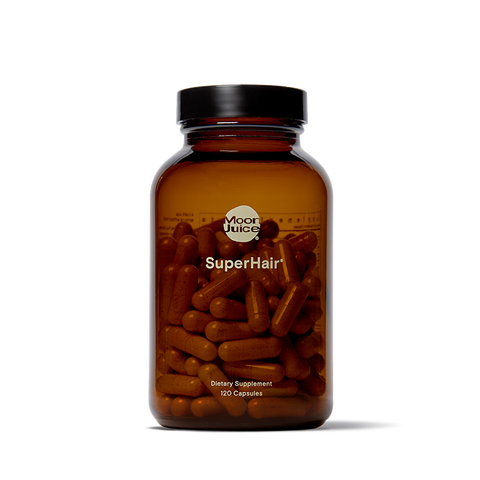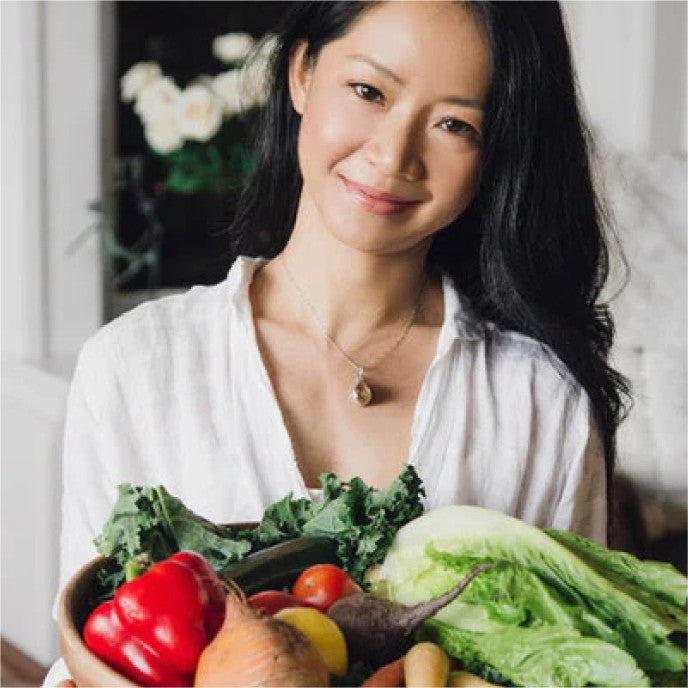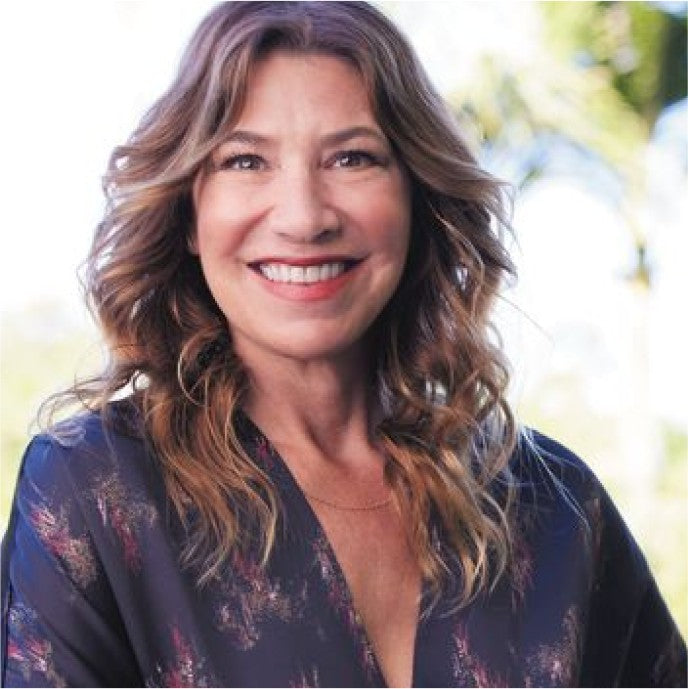“Menopause can trigger hormonal hair loss that is inflammatory and becomes balding. You can get shedding and effluvium, but you also begin to get true miniaturization — when the hair follicle begins to shrink or the diameter of the hair fiber begins to narrow out.
Aging hair is now a big medical research topic. They’re making connections with gut health and menopause, and how certain nutrients and minerals are not processed as efficiently through menopause. Then oxidative stress, as a fiber aspect and on the scalp. If you break down the types of tools we use on our hair — think about blow dryers where the keratinization gets weaker and weaker and you see a miniaturization of the diameter, or the years of hair color or hair dye, wearing hats — over time, all of these things we take for granted create oxidative stress on our scalp. That’s a huge connection with menopause, and the estrogen levels and protection of the hair follicles and scalp. So there's all this interesting data that's coming up.
Menopause can lead to true androgenic and hormonal hair loss. It's not a shedding, it’s a true hair loss. You can experience some of the effluviums as well, but that’s a whole different category. If you're predisposed to any genetic hair loss, we know for a fact that DHT is an androgen that triggers that. That's something we know for sure. Minoxidil is the only FDA-approved drug that can say ‘regrows hair,’ but you really can’t regrow hair because once the blood is gone, it’s gone. But what you can do is revive or awaken the hair follicle. My belief in my practice is all plant and mineral based ingredients. Like Saw Palmetto is a known natural DHT blocker. And there are more and more natural DHT blockers that we are finding out there through plants.
“My belief in my practice is all plant and mineral based ingredients. Like Saw Palmetto is a known natural DHT blocker.”
So with menopause, there’s the gut with nutrition, the sex hormones, and an increase in testosterone that creates androgens that develop dihydrotestosterone. That’s why Saw Palmetto is important.
Then Vitamin D, anecdotally I believe it in my practice. For me personally, as we age, the way we process Vitamin D, it's anti-inflammatory. As we age, that’s the key — everything needs to be anti-inflammatory. And with menopause, our bodies are highly inflamed if we don't create these nice balances. So I have found the reduction of inflammation is such an important conversation as our bodies age and our hair follicles age and our skin ages. It's all about anti-inflammatory. It’s becoming so repetitive and I think a lot of people are thinking it as a cop out, but it's just facts. And I think more and more data is just going to prove that.”
Sign Up, Nerd Out
Get wellness tips, education, and recipes
delivered straight to your inbox.
Get wellness tips, education,
and recipes delivered
straight to your inbox.
Want more? This is an excerpt from a longer convo with Bridgette Hill — listen or watch here!














